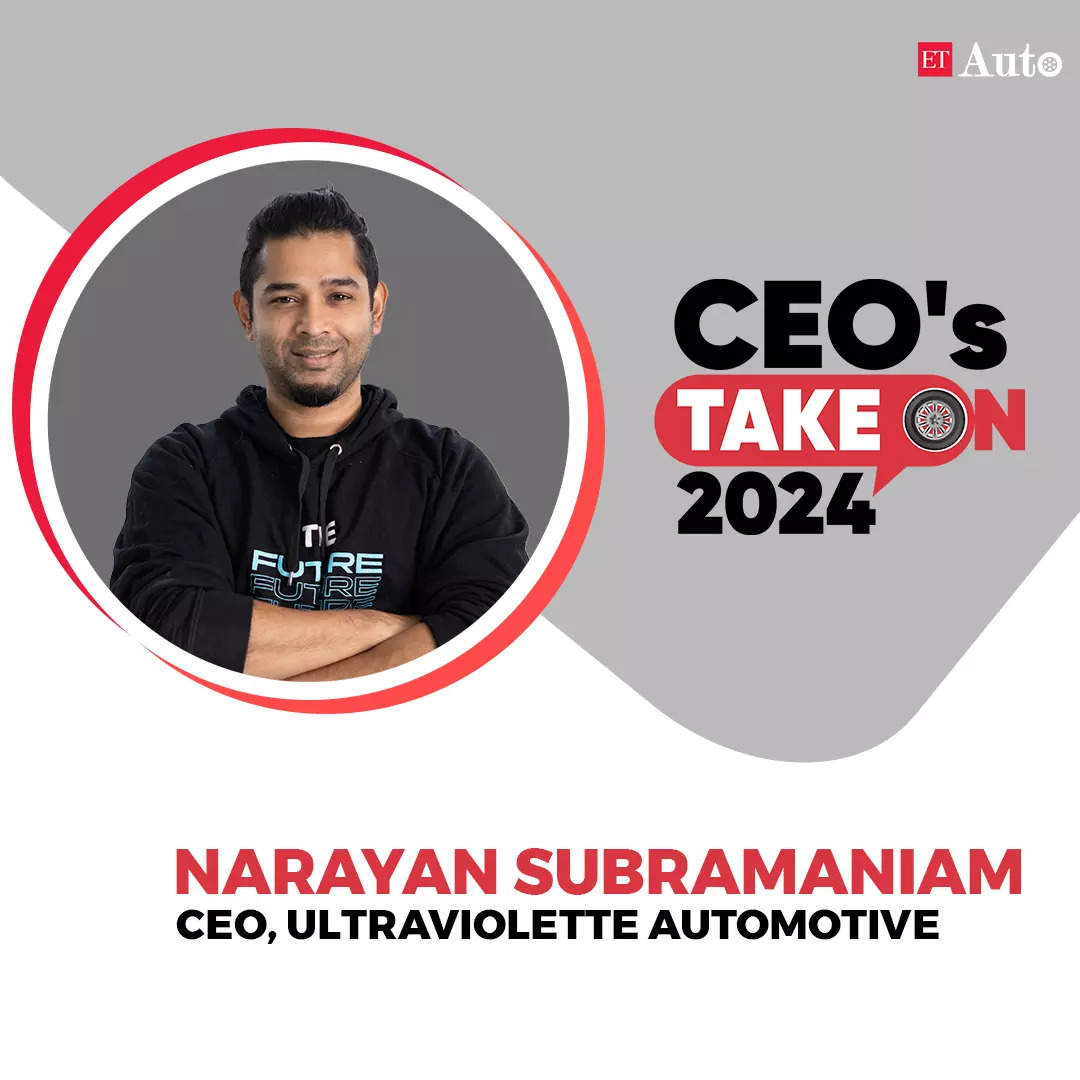
The excerpts:
Q: What is the kind of response that you have received for the Ultraviolette F77 electric motorcycle that you have designed and made in India ?
We are proud to claim that the Ultraviolette F77 is not just the first high-performance electric motorcycle in the country but the first electric motorcycle that is truly imagined, designed, and made in India. The F77 is the result of over six years of rigorous R&D, and this is clearly reflected in its industry-first tech features and one-of-a-kind global design. Since its commercial launch in November 2022, we have been receiving immense appreciation for the motorcycle from customers, motorcycle enthusiasts, and senior automotive critics in India and across the world. In fact, very shortly after its launch, we received interest from 190 countries for the F77, showing a very high interest level not just in India but globally.
In a short span of a year, we have been able to make the motorcycle available to customers in six Indian cities and are expanding our presence rapidly. Our goal with the F77 has been to create a riding experience like no other, and with its industry-leading 307-km range (IDC) and unbeatable performance figures, we have been able to prove that it is possible to build a world-class motorcycle entirely in India. We already announced the F77’s global rollout at EICMA 2023 last year, and we are committed to building a global electric motorcycle brand from India.
Q: What are the key micro and macro factors that will shape up 2024?
Since the genesis of Ultraviolette, our vision has been to revolutionize how the world looks at an electric vehicle. We believe that it is possible for EVs to compete and even outshine traditional alternatives in every way, from design to performance to safety, and the F77 is a testament to this vision. The global launch of the F77 further strengthens our commitment to staying at the forefront of innovation in electric mobility. When we look at the Indian market, OEMs are now rolling out products that feature various combinations of technology, design, battery architecture, and range as per various customer groups. In the larger scheme, we are supported by accelerated EV adoption and awareness in India and a forward-looking regulatory framework. This accelerated adoption will also see increased efforts by all ecosystem stakeholders to expand the charging infrastructure and make charging easily accessible across the country. Overall, we see a continued increase in the confidence of customers as well as OEMs.
Q: What is your view on electric vehicles for 2024?
Electric vehicles will continue to see rapid adoption across different cohorts of consumer segments as consumers start to understand the true value proposition of EVs. In EV 2-wheelers, sales saw a 36% uptick in 2023, and we see this trend continuing. For us to drive this growth as an industry and further increase its rate, we continue to advocate for more diligent testing and consistent R&D. Taking a cue from the growth curve that we are seeing in the overall EV two-wheeler and the premium ICE two-wheeler market, we will also see a premiumization in the premium sector in the long run.
India has both the requisite facilities and world-class talent to build technologies that can set global standards. While we at Ultraviolette are taking our F77 to international markets, we look forward to other OEMs developing their technologies and building products.
Q:Whatwill be the key technologies that will shape the next decade of the mobility industry?
From Battery Management Systems (BMS) to Vehicle Control Units (VCU), EVs are modern technological marvels that depend on cutting-edge technology. Similar to consumer technologies, these are continually evolving to provide better, more efficient, and safer vehicles on the roads. While battery technology will continue to evolve, Ultraviolette has proven that an electric vehicle can offer as much, if not more, range comparable to an IC motorcycle with a full tank of petrol while maintaining price parity at a product level and significant cost savings through the cost of ownership.
Q: Do you think the auto industry has the potential to become the global manufacturing hub and play an important role in the global value chain?
The Indian auto industry has shown some green shoots in the direction of becoming a global manufacturing centre, with some OEMs using their Indian facilities to produce for foreign markets. The PLI scheme by the government has also given a boost to India’s manufacturing sector, but in order to become a significant contributor to the global value chain, the industry needs to evolve into an independent technology creator. While for several key technologies, we are still dependent on external R&D, we are witnessing a gradual transition. Indian talent is now developing world class technologies for the EV industry, and our testing and R&D centres are also developing capabilities at a rapid pace. We can expect to see the emergence of India’s technologies playing a greater role in the global automotive industry this decade.
Q: What are the key factors that work in favor of India, and what limitations do we have as a country?
When it comes to high-performance motorcycles, India has always looked towards the east or the west for inspiration. And at Ultraviolette, we wanted to reverse this trend.
Many of the Indian OEMs have partnered with global brands for technology and engineering in their products. We take immense pride in the fact that the Ultraviolette F77 is entirely designed, developed, tested, and manufactured in India. We have proven that India has the technical talent, expertise, and requisite facilities to build a motorcycle that matches and exceeds global benchmarks. Our recent showcase at EICMA 2023 and the response received from all corners of the world is perhaps the first-of-its-kind for an Indian OEM that has proudly showcased Indian technology innovation with the aim of building a global brand.
Q: What is your vision for 2030 for the automotive industry?
At Ultraviolette, our vision for the automotive industry is to be a pioneering force in electric mobility, setting new standards for sustainability. We aim to lead the market with cutting-edge electric mobility solutions, emphasizing design and performance. Our commitment extends to creating a comprehensive ecosystem of energy infrastructure and technology. As the industry grows, we would like to see more innovation and R&D coming from Indians and Indian OEMs that are focused on establishing India as a key player in the global automotive value chain. Fostering growth and innovation through a long-term, consistent, and industry-focused policy landscape will be key to achieving this goal.

















